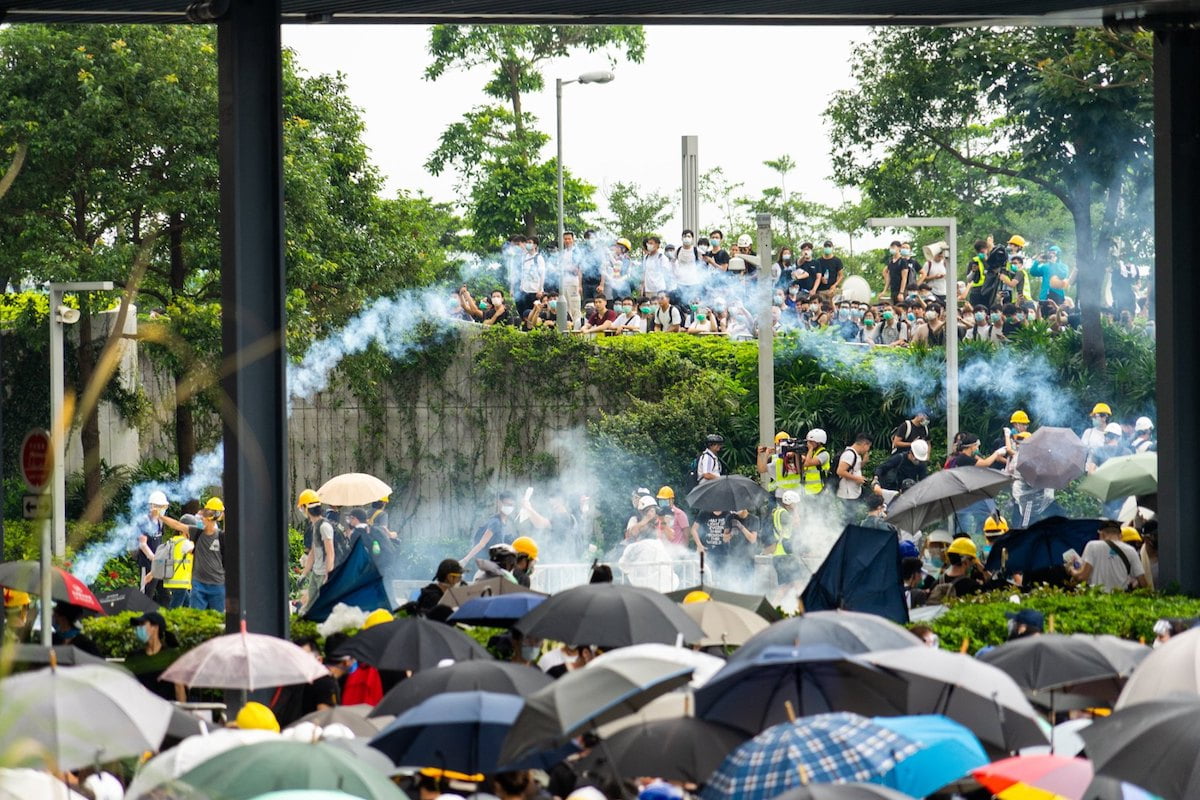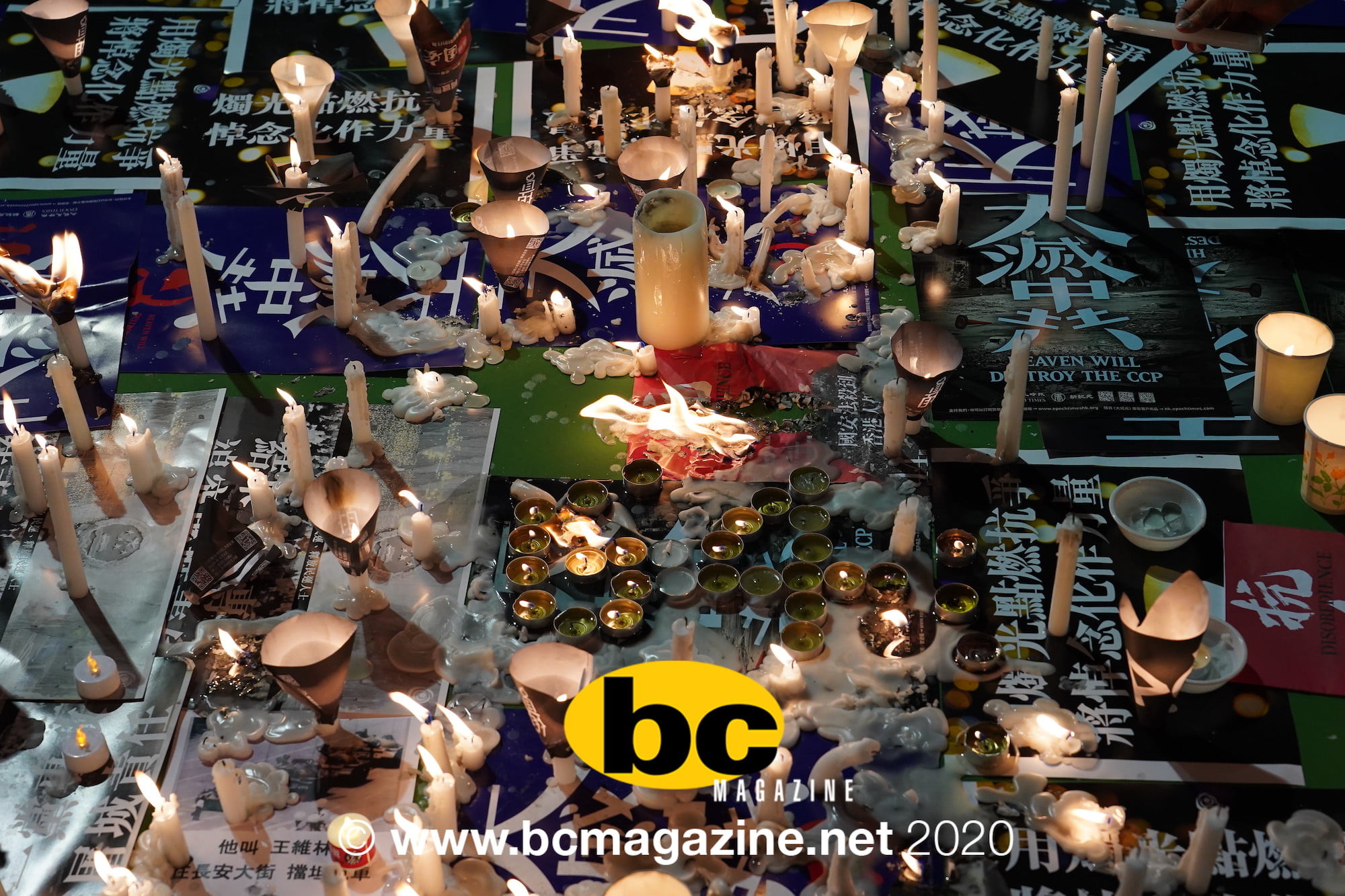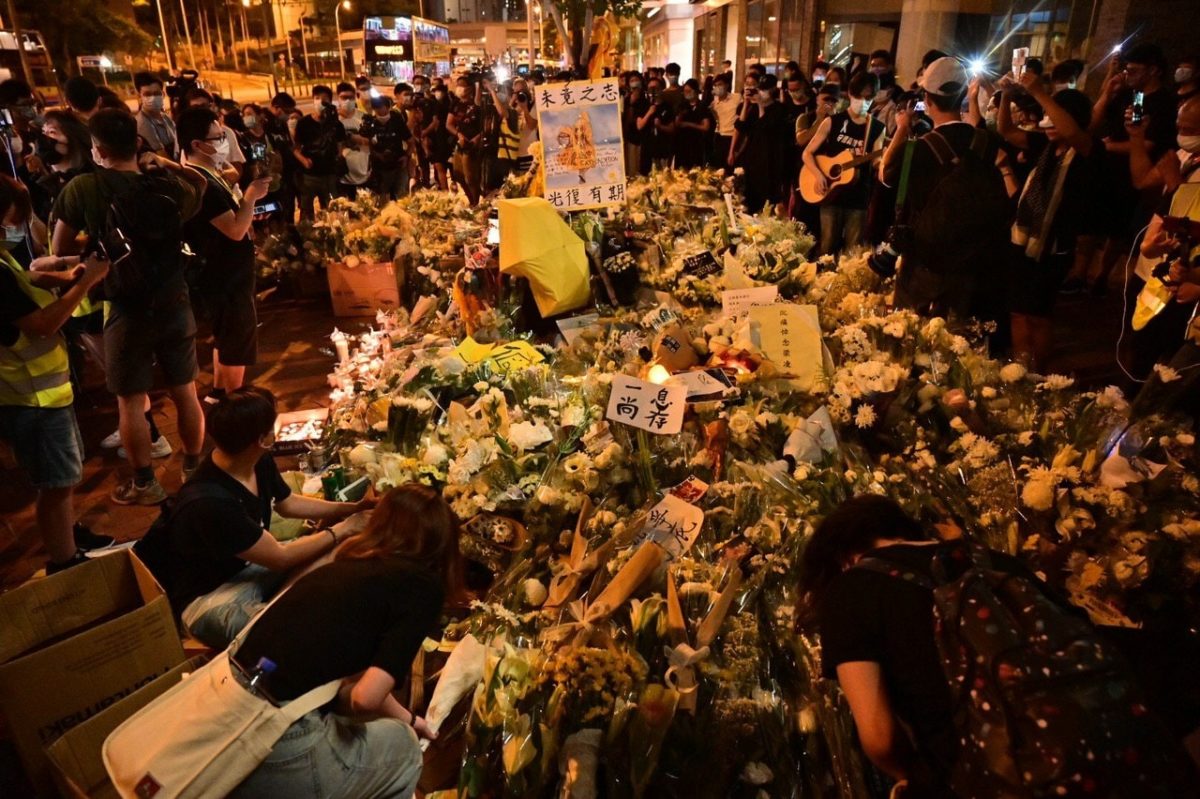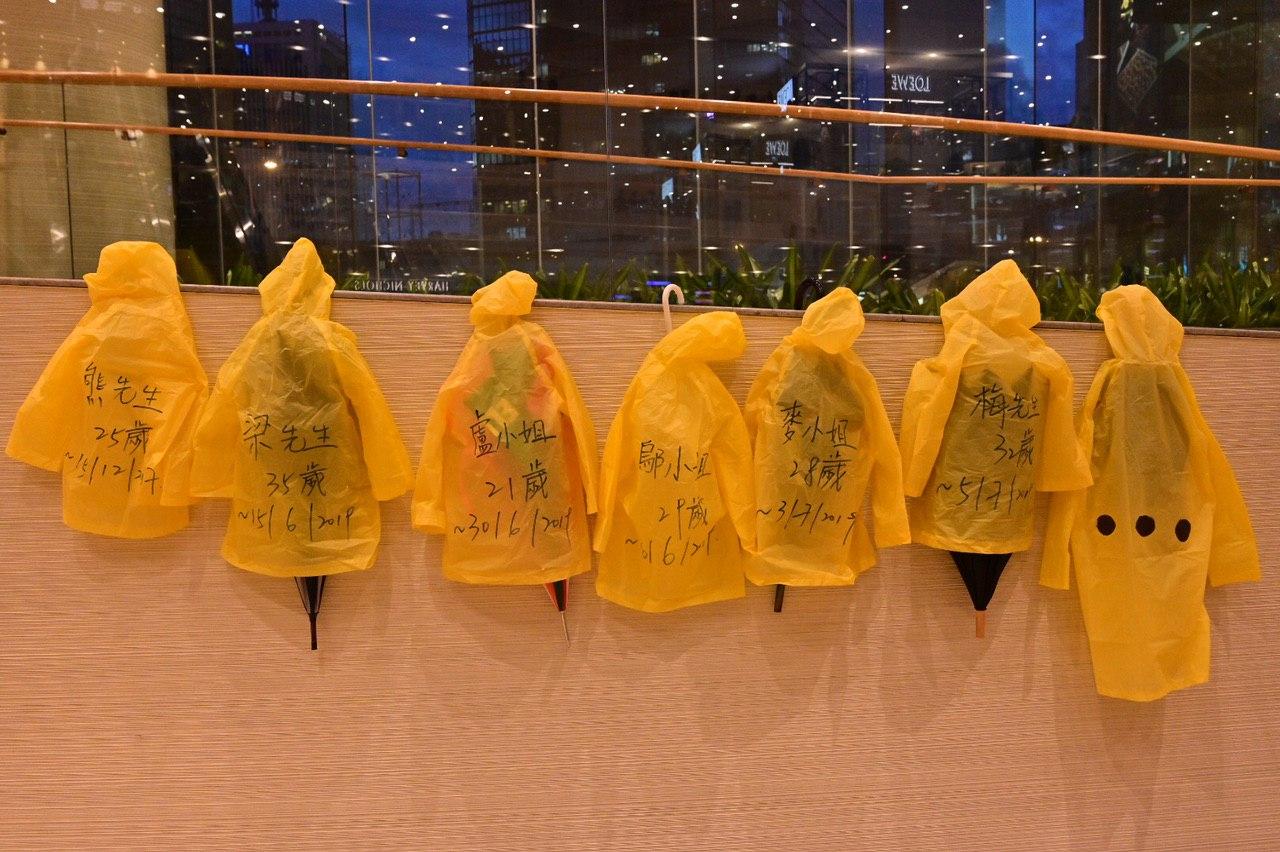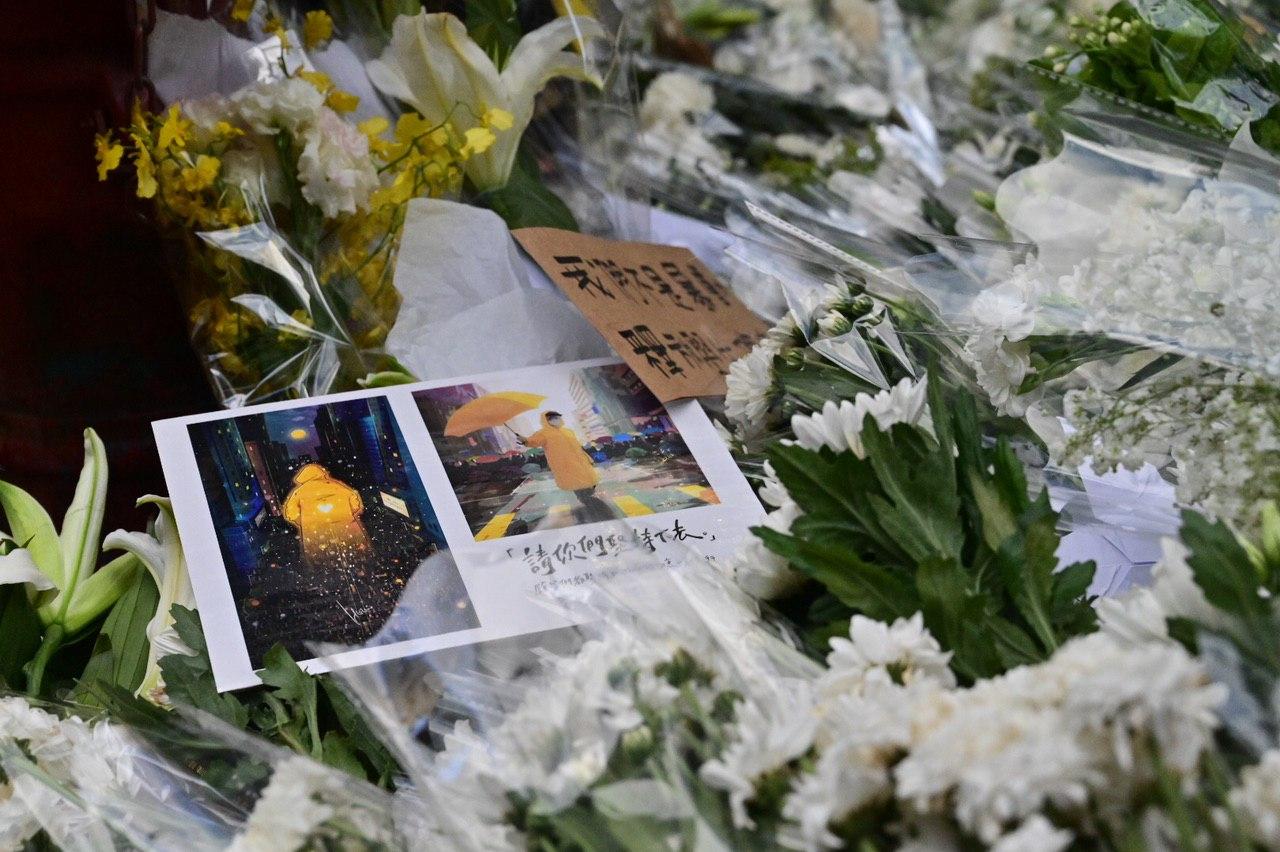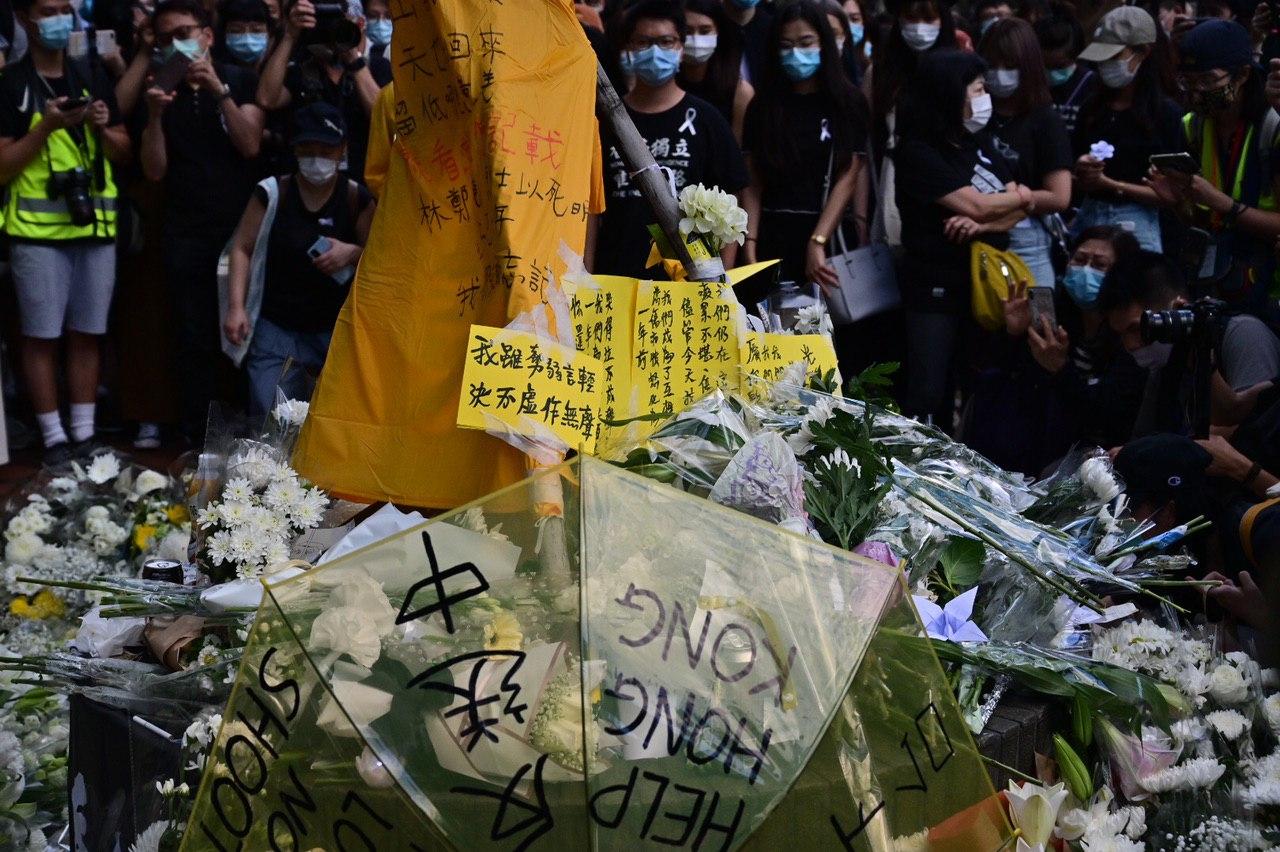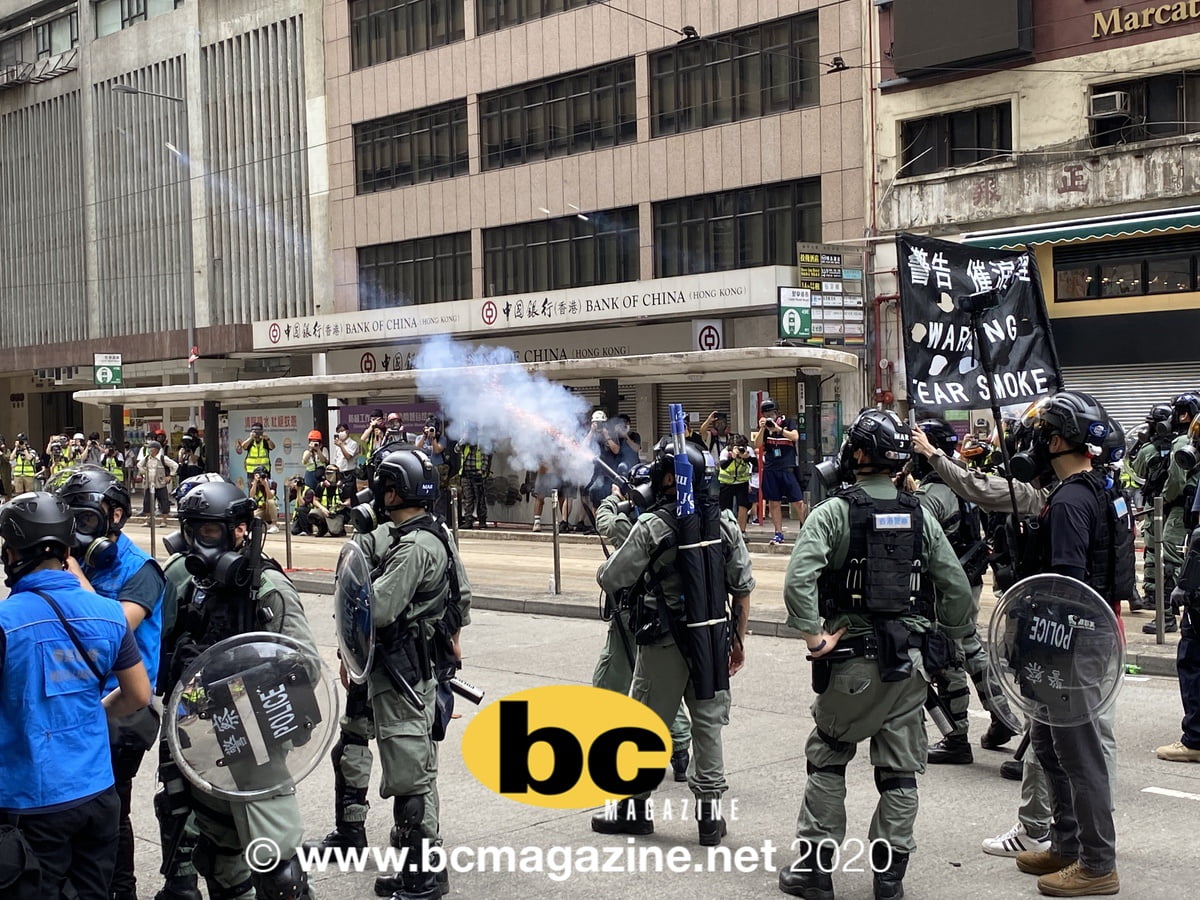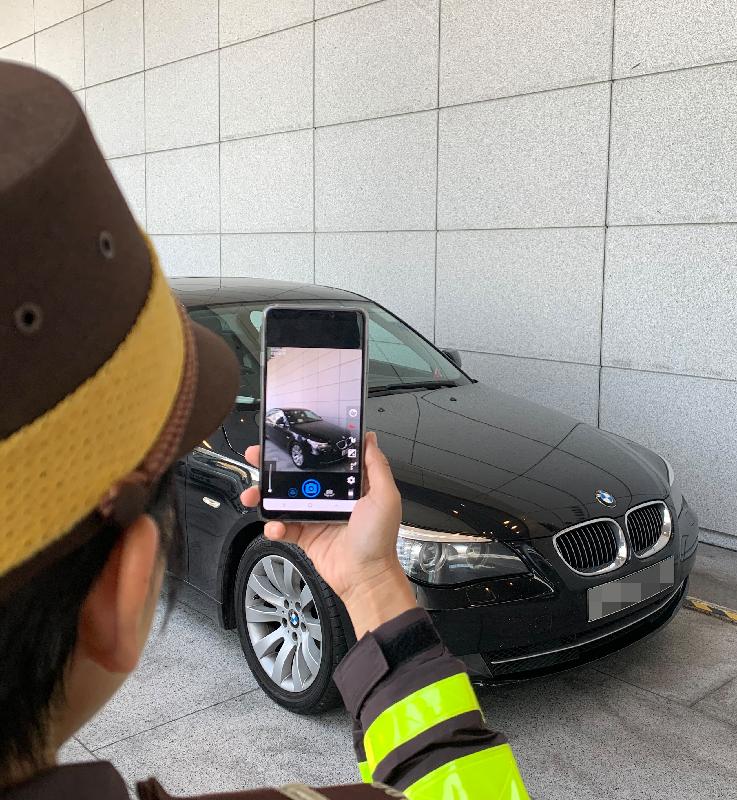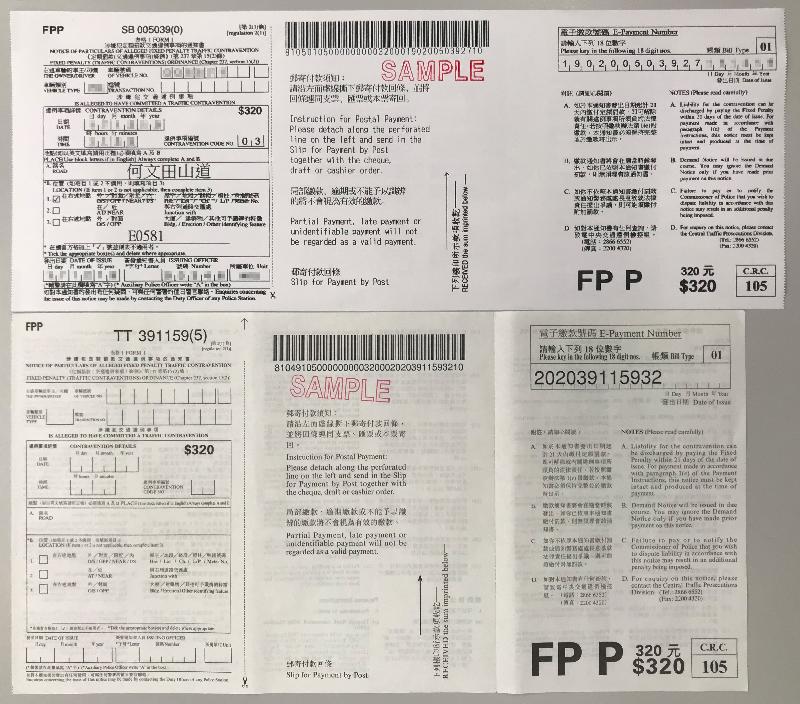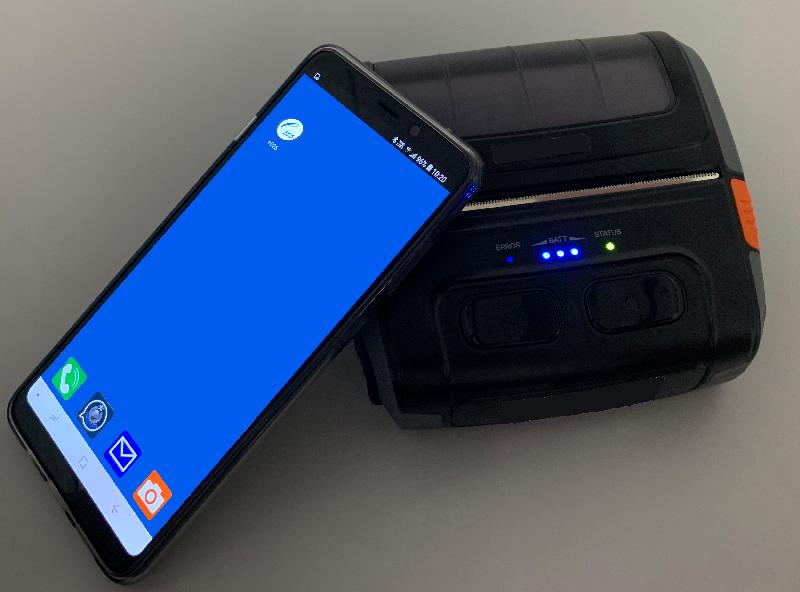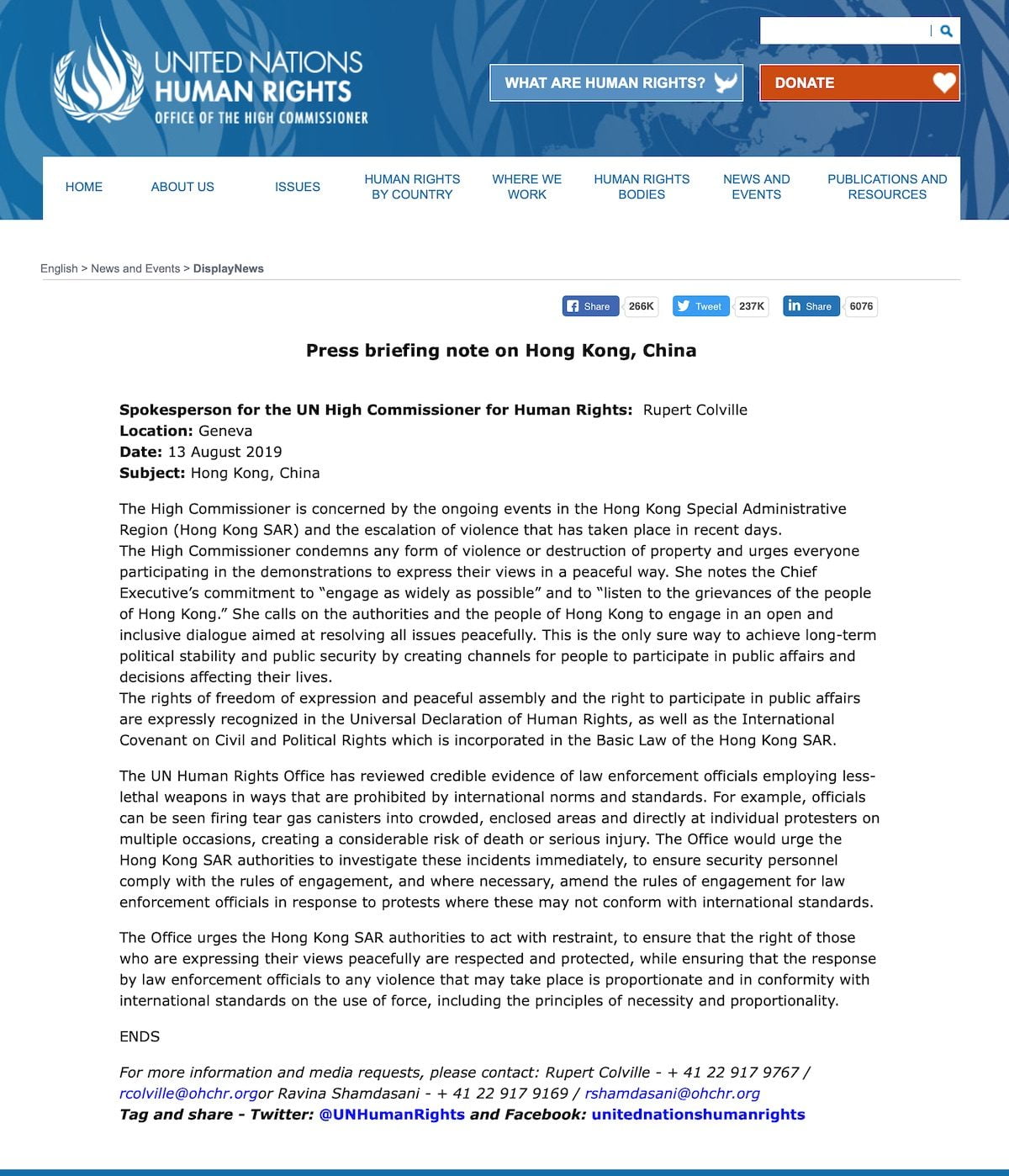Deported lawyer Samuel Bickett has published an article about what he witnessed and photographed when the Hong Kong Police attacked a peaceful anti-extradition law protest on 12 June, 2019.
June 12, 2019: What I witnessed on the Hong Kong protest movement’s first violent day
Hong Kong’s protest movement is often referred to abroad as a democracy movement. It is true that universal suffrage was, and is, one of Hongkongers’ goals. But democracy was never the primary focus of the 2019 protests. After initial protests against an onerous bill that would have allowed Hongkongers to be extradited to the Chinese Mainland, attention shifted to police brutality and justice for its victims. Of the five demands made by the protesters, three were related to police and prosecutorial abuses, and all three initially stemmed from a single day of violence: June 12, 2019.
Sunday is the third anniversary of that day. Known in Hong Kong simply as 612 (luk-yat-yi in Cantonese), that afternoon the Beijing-controlled Legislative Council (or LegCo) was planning to force through the deeply unpopular extradition bill. In response, Hongkongers staged a general strike and organized a protest in front of the LegCo Building. The demonstration was authorized and largely peaceful, but police soon rushed in with batons and shields, and shot tear gas, rubber bullets and bean bag rounds into the crowd. Protesters were arrested, and countless people were injured. The police declared the event a riot, despite the fact that they instigated the violence themselves.
I was at the demonstration that day. This is what I witnessed…
Read the rest of the article here https://samuelbickett.substack.com/
image and text: Samuel Bickett

